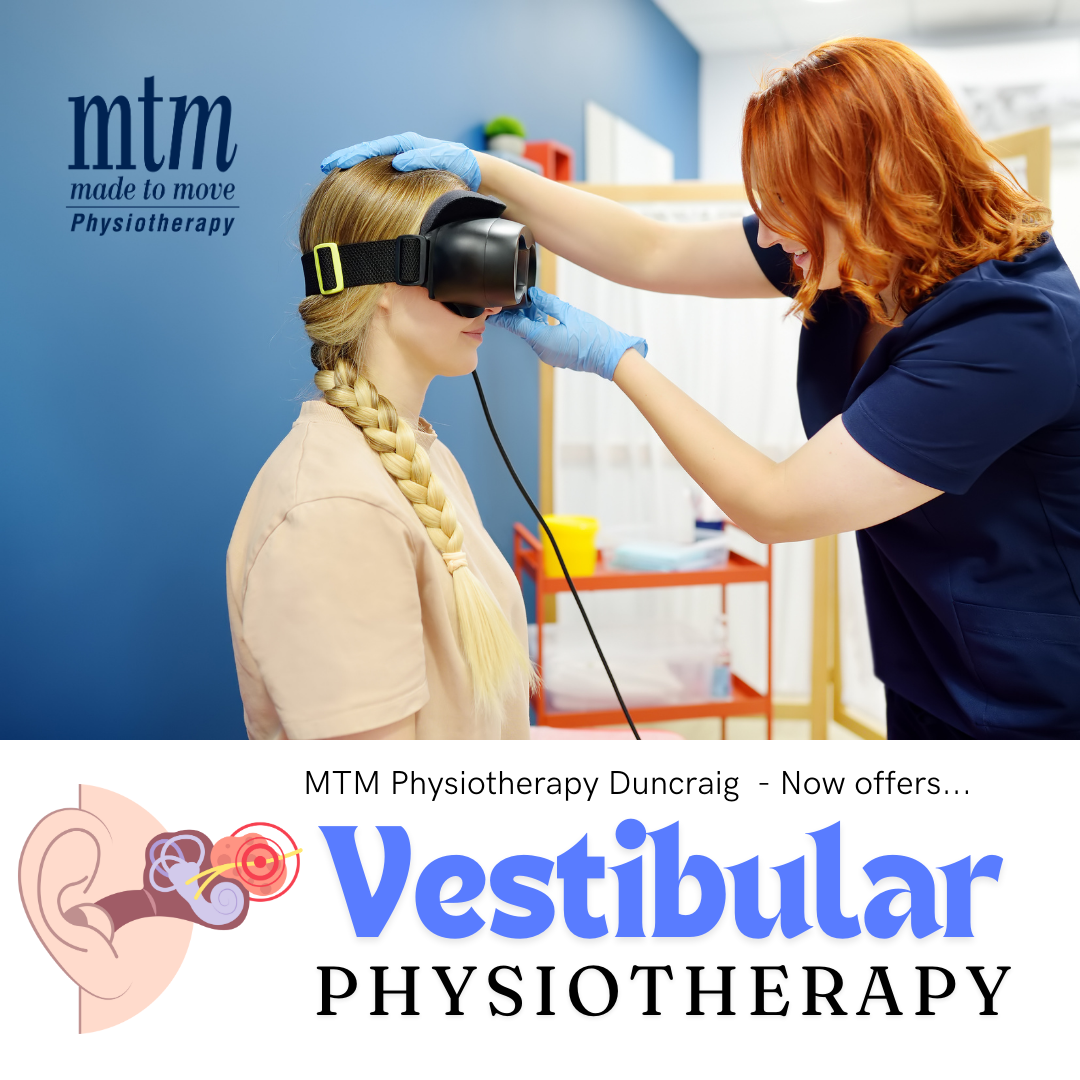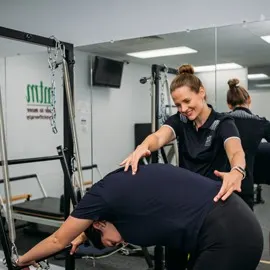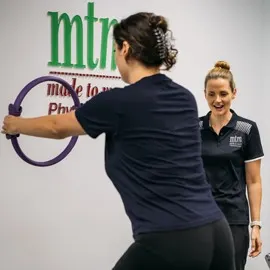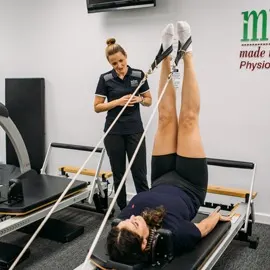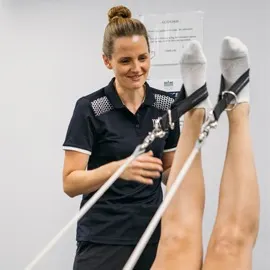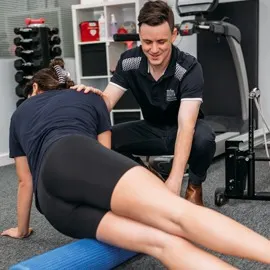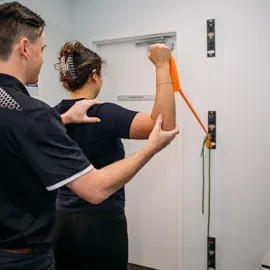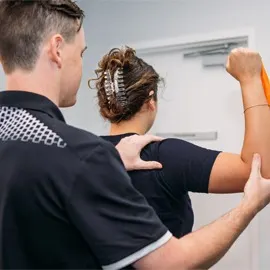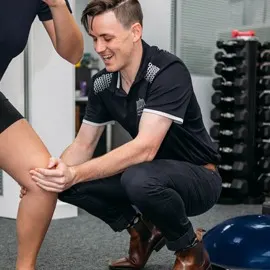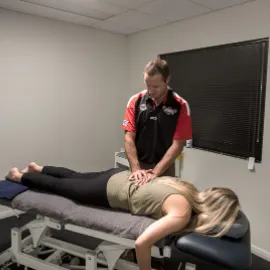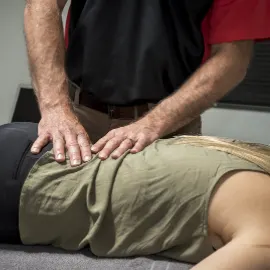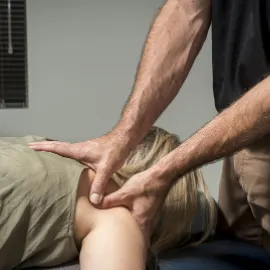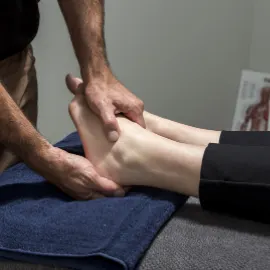VestibularPhysiotherapy
Common conditions that benefit from vestibular rehabilitation:

Benign Paroxysmal Positional Vertigo (BPPV)

Vestibular Migraine

Vestibular Neuronitis and Labyrinthitis

Vestibular Hypofunction – unilateral and bilateral

Persistent Postural Perceptual Dizziness (PPPD)

Meniere’s Disease or Endolymphatic Hydrops

Post-surgical rehabilitation: acoustic neuromas, superior canal dehiscence, post cochlear implant and other inner ear surgeries that require balance therapy

Central conditions causing vertigo or imbalance such as stroke or multiple sclerosis

Falls and imbalance

Concussion
What to expect:
We will start with taking a thorough history, getting to know what symptoms you’re experiencing and the circumstances around this. Then we will assess your vestibular system by looking at your head and eye coordination, and part of this will include looking at how your ears, eyes and brain coordinate using special infrared frenzel goggles. We may perform positional testing by laying you down with your head in different positions to check for positional vertigo such as BPPV (often referred to as the crystal problem), and look at your balance and walking. We may also assess your neurological system and neck if indicated. Once we have a picture of what may be causing your symptoms, we will talk about how we can treat your vertigo or balance. Often this involves tailored exercises for your head and eye coordination, balance or manoeuvres in the bed (such as for BPPV). We will educate you on how to best manage your symptoms and liaise with your doctor on the findings of your assessment and a referral onwards for any further investigation or assessment that may need to be done.
On the day of your appointment, we would recommend that, where possible:
- Have someone drive you to your appointment as you may feel dizzy or nauseous with the assessment or treatment
- Don’t eat 2 hours prior
- Avoid taking anti-dizziness medications such as Stemetil or Prochlorperazine as these medications may affect the testing. If you’re unsure, please contact us. Other routine medications should still be taken as normal.
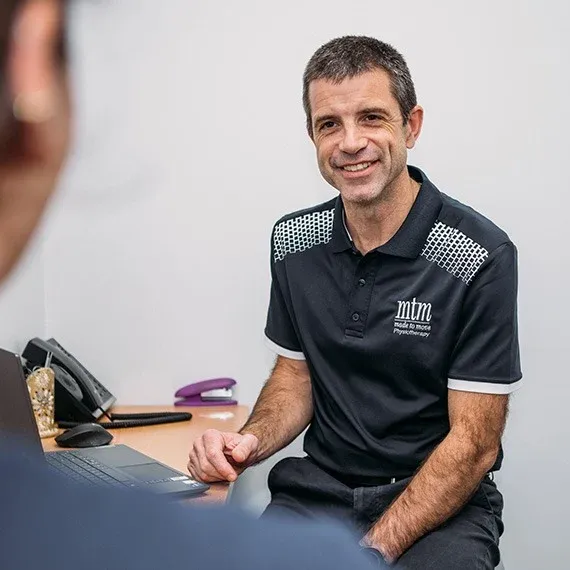
Ask a Physio
Not sure whether you are appropriate for Physiotherapy?
Fill out the form and one of our physiotherapists will be in touch with you within 24 hours.











